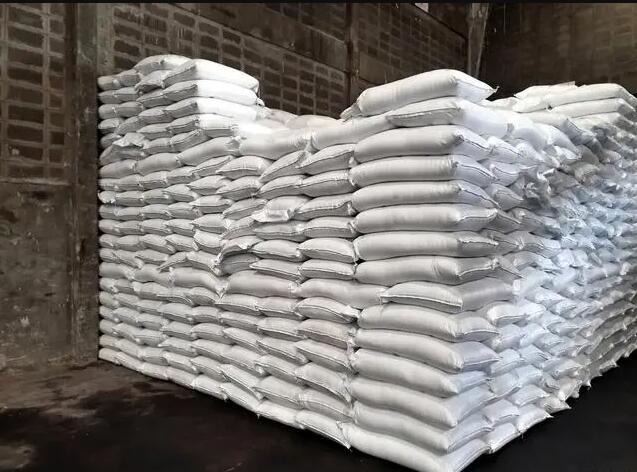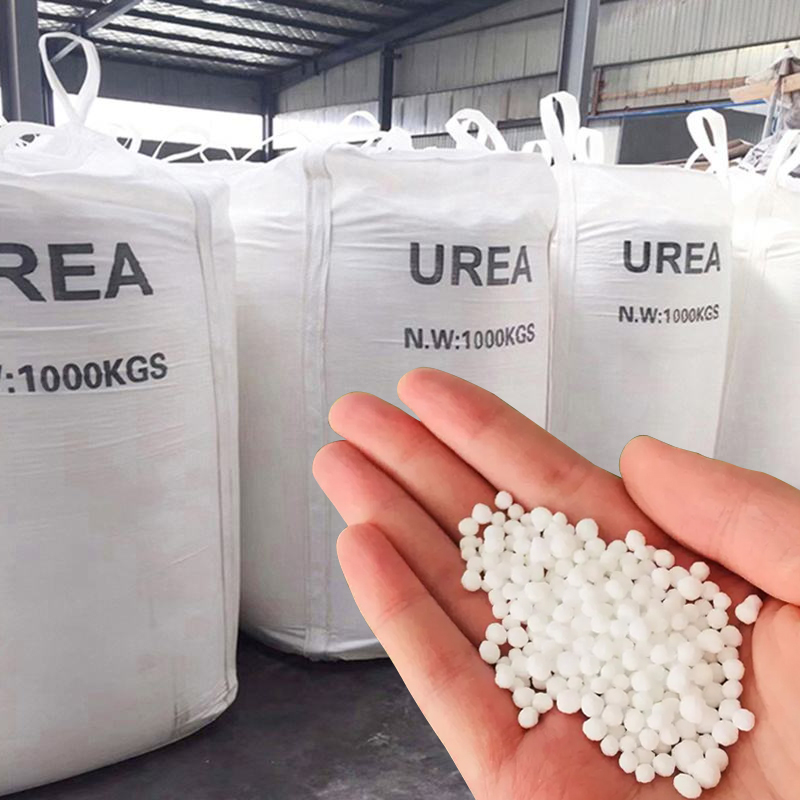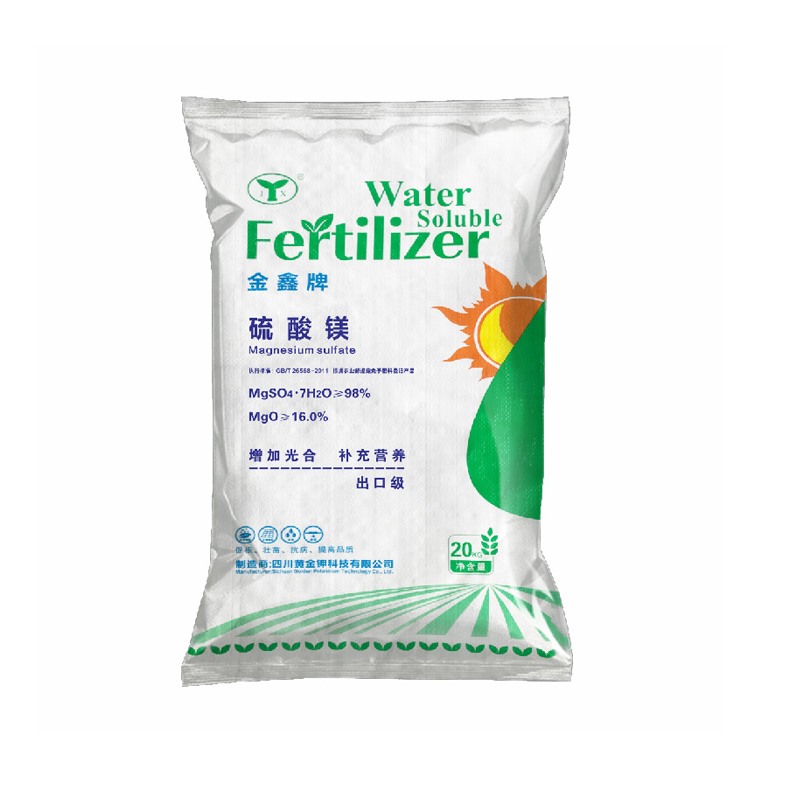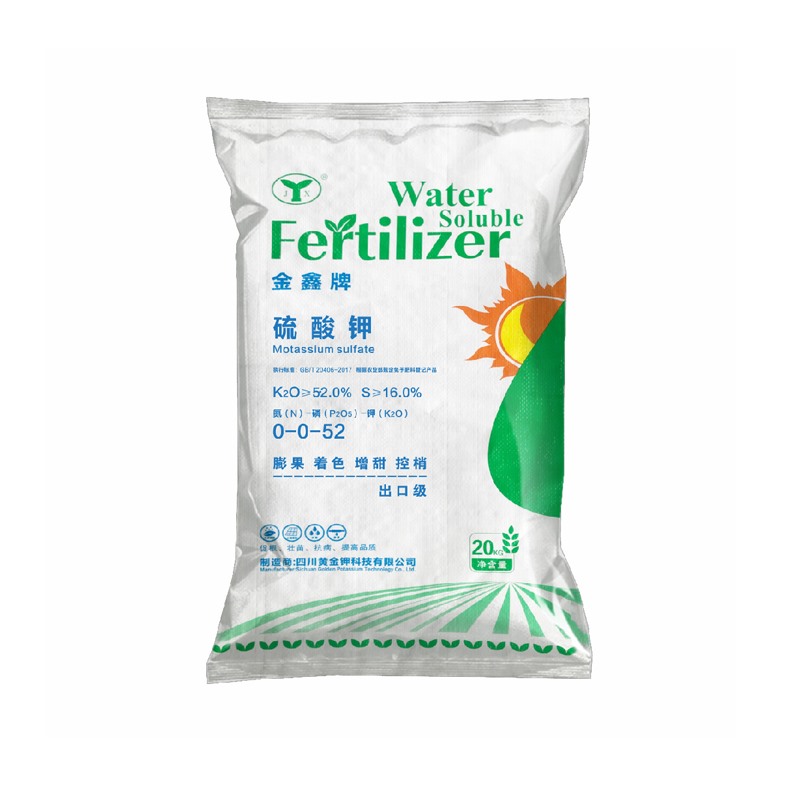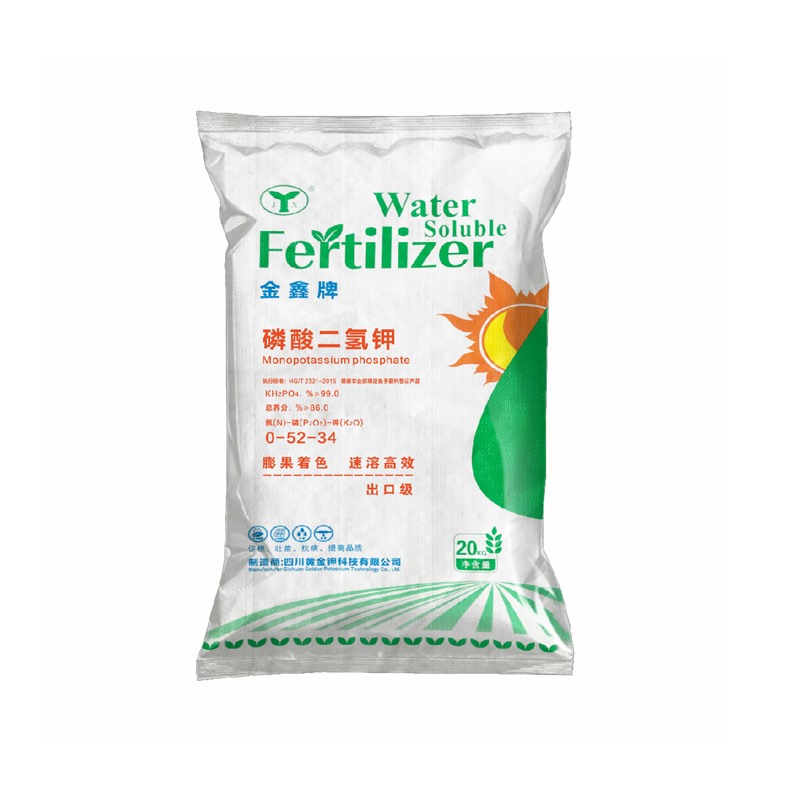Is urea a fertilizer
Urea is an important fertilizer and is widely used in agricultural production.It is an efficient nitrogen fertilizer that can provide the nitrogen needed for plant growth and promote plant growth and development.The following will introduce in detail the importance and application of urea as a fertilizer, as well as other products related to fertilizer.
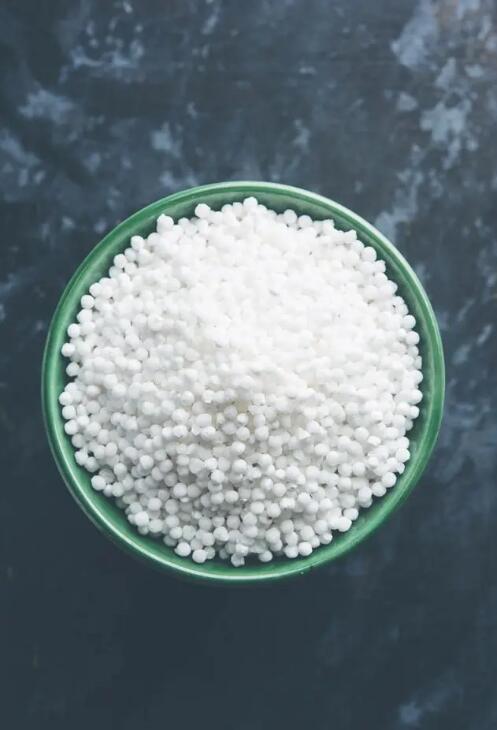
1) The properties and functions of urea
1.Urea is a white crystal with the molecular formula (NH4) 2CO3. It is currently one of the most important nitrogen fertilizers in the world.It has the advantages of high nitrogen content, high solubility, low corrosion, etc., and is easy to transport and store.Due to these characteristics, urea is widely used in various crops, such as grain, cotton, oil, etc.
2.Urea can be quickly decomposed into ammonium nitrogen and carbonate ions in the soil, which are absorbed and utilized by plants.The nitrogen element of urea can promote the growth and development of plants, increase the leaf area and root system development of plants, and improve the resistance and yield of plants.
2)Production and application of urea
1.The production of urea mainly uses ammonia and carbon dioxide as raw materials, which are generated by high-pressure synthesis reaction.At present, the global production of urea is mainly concentrated in Asia, Europe and North America.China is one of the world's largest urea producers, and its production accounts for about 30% of the world's total production.
2.The application methods of urea include ground fertilization, irrigation fertilization and foliar fertilization.Among them, ground fertilization is the most commonly used method. Urea is evenly sprinkled on the surface of the soil, and then plowed into the soil.Irrigation fertilization is to dissolve urea in water and deliver the urea solution to the plant roots through the irrigation system.Foliar fertilization is to spray urea solution on the foliage of plants to absorb nutrients through the pores on the surface of the leaves.
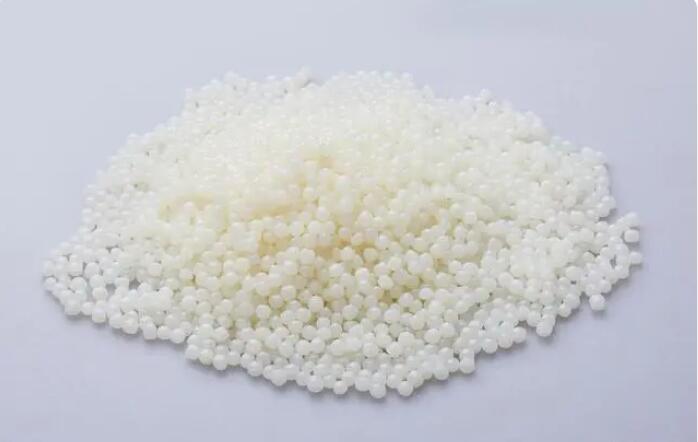
3)Other products related to fertilizer
1.Compound fertilizer: Compound fertilizer is a kind of fertilizer composed of nitrogen, phosphorus, potassium and other elements, which can meet the various nutrient needs required for plant growth.The formula of compound fertilizer is formulated according to different soil types and crop growth needs, which can promote plant growth and development more efficiently.
2.Organic fertilizer: Organic fertilizer refers to fertilizers made from organic substances, such as animal manure, rotten organic waste residue, etc.Organic fertilizers are rich in organic matter and various nutrients, which can improve soil structure and improve soil fertility.At the same time, organic fertilizers can also promote microbial reproduction and activity and enhance the biological activity of the soil.
3.Biological fertilizer: Biological fertilizer refers to fertilizer made from microbial bacteria or a mixture of microbial bacteria and organic substances.Biological fertilizers can improve the soil micro-ecological environment, promote the transformation and absorption of organic matter in the soil, and improve the soil's water and fertilizer retention capacity.At the same time, biological fertilizer can also promote plant growth and improve plant disease resistance.
4.Trace element fertilizer: Trace element fertilizer refers to fertilizers containing trace elements such as boron, zinc, iron, copper, manganese, and molybdenum.These elements play an important role in plant growth and development, can help plants better absorb nutrients, improve resilience and disease and pest resistance.Trace element fertilizer is commonly used in cash crops such as vegetables, fruits, flowers, etc.
